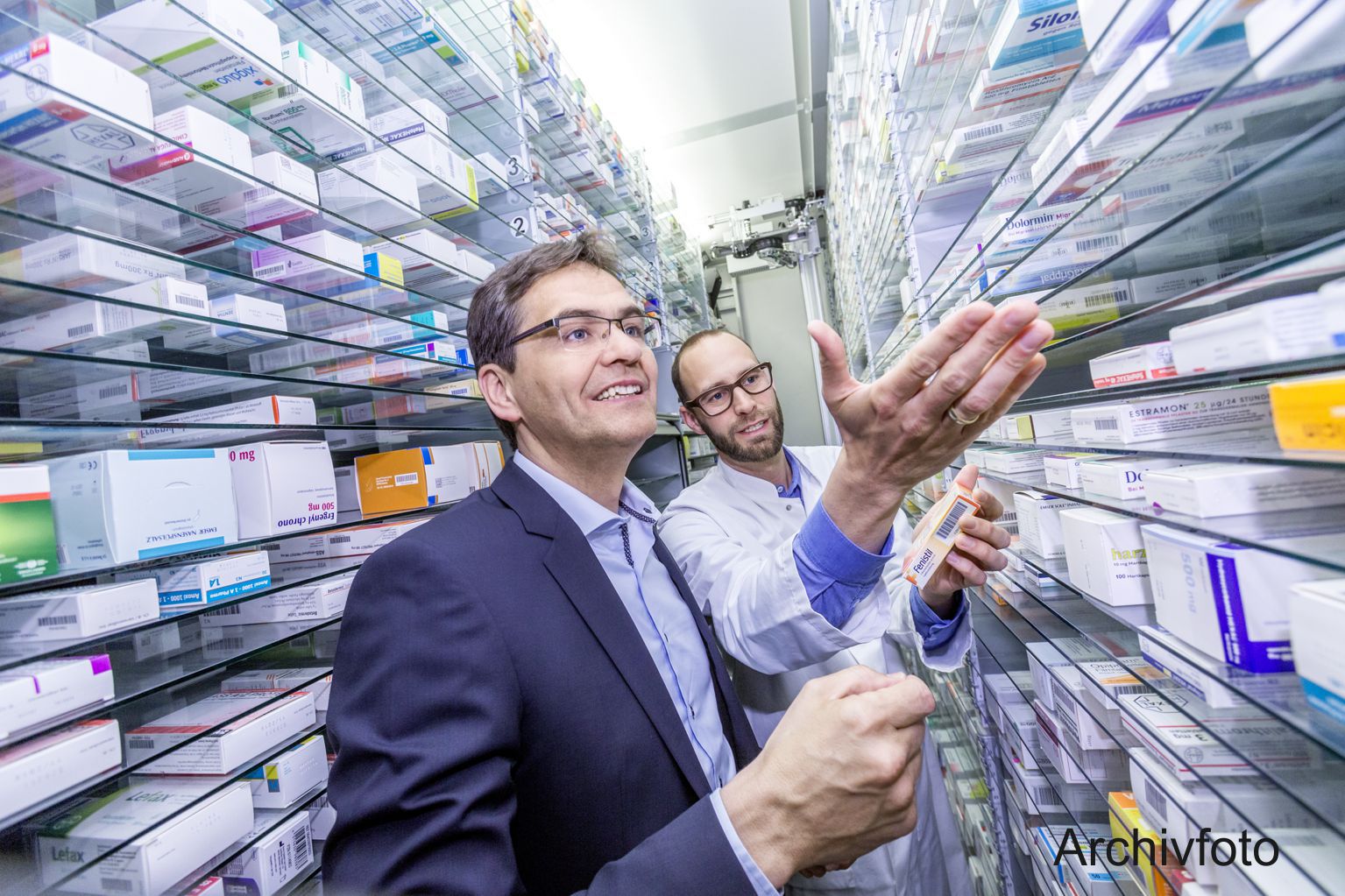Commission proposal must address the fight against antibiotic resistance, shortage of medicines and attend to patients we could not help so far / Targeted innovations are a key to the solution
"The Commission's proposal must address three dramatic problems. First, the dramatic spread of antibiotic resistance; second, the dramatic shortage of medicines; and third, the problems of Unmet Medical Needs regarding medicines for patients we have so far been unable to help. In this context, an innovation-friendly regulation is indispensable," commented the health policy spokesperson of the largest group in the European Parliament (EPP-Christian Democrats), Dr. Peter Liese, on the occasion of the presentation of the pharmaceutical package of the Commission.
"On Wednesday, the Commission wants to propose the largest revision of European pharmaceutical legislation in 20 years. The existing rules are combined into a regulation and a directive. An important point here is the fight against antibiotic resistance. Every year, 33000 people die with increasing tendency because antibiotics lose their effect. Therefore, we need stricter rules on the use of antibiotics. Ideally, therapy with antibiotics should only be carried out after a diagnostic. However, to address the problems, we absolutely need innovation. For the industry, developing new antibiotics is not profitable due to high costs and low saleability as a consequence of the strict rules for the prescription of antibiotics. Hence, the Commission has considered issuing a so-called voucher, meaning that companies that develop new antibiotics receive incentives for other drugs in return. The proposal has been criticized, particularly by health insurance representatives and member states, claiming the system is too expensive. But so far, no one has proposed a better system, and yet we should never forget that we talk about saving the lives of 33,000 people annually," said the MEP and physician.
The second important issue, according to Liese, is combating the shortage of medicines. "Of course, the European Union cannot solve this problem alone. The financing of medicines is a national problem, and in some member states, the unattractive reimbursement contracts led to the relocation of production to India and China. Nevertheless, Europe has an important role, and this issue must be addressed. During my engagement at the Paderborn Children's Hospital earlier this year, I saw again how dramatic the situation is. Some children were only in the clinic because antibiotics were unavailable as syrup, so they had to be given infusions. Moreover, there is a lack of cancer drugs, antidepressants, etc. We urgently need to find answers here," Liese said.
The third point is the targeted promotion of innovations. "There are many diseases that we are yet unable to treat, and in many cases, the available drugs have strong side effects. Therefore, we urgently need innovations to help patients better. There were many so-called Me-too-drugs in the past, i.e., drugs for the same indication without significant added therapeutic value. Implementing the European Health Technology Assessment (HTA) has improved this situation, but there are still insufficient incentives for real innovations. The European Commission's idea under the heading Unmet Medical Need is a step in the right direction; however, in the draft that became known a few weeks ago, the issue was not well addressed in my view. The existing data exclusivity was initially to be reduced from eight to six years, and only if certain criteria were met could one get the same incentive as before. That would have weakened innovation in Europe instead of strengthening it. I advocate that if certain criteria are met, for example, launching a drug in all 27 member states, and addressing a previously unaddressed problem (Unmet Medical Need), one should receive significantly more than eight years of data exclusivity," Liese concluded.


